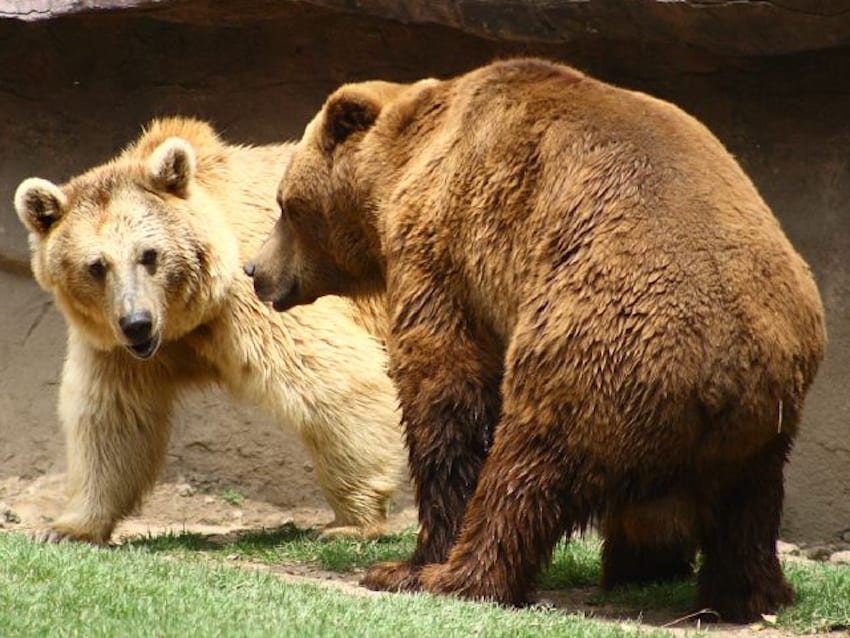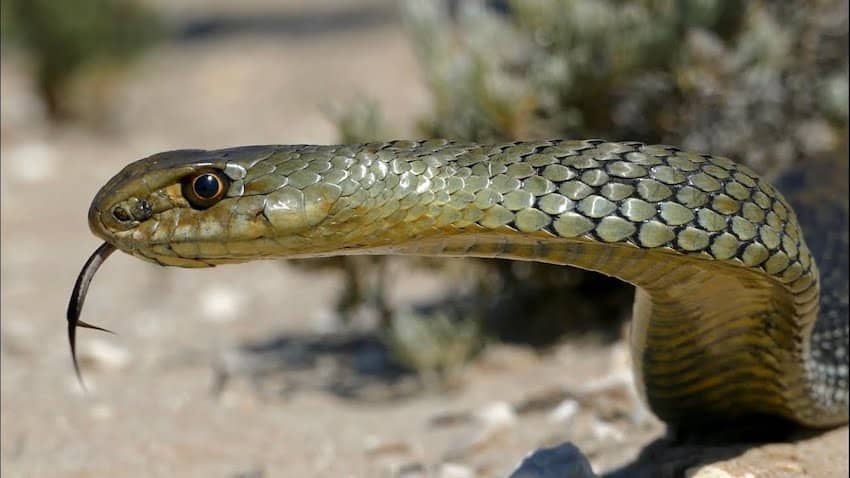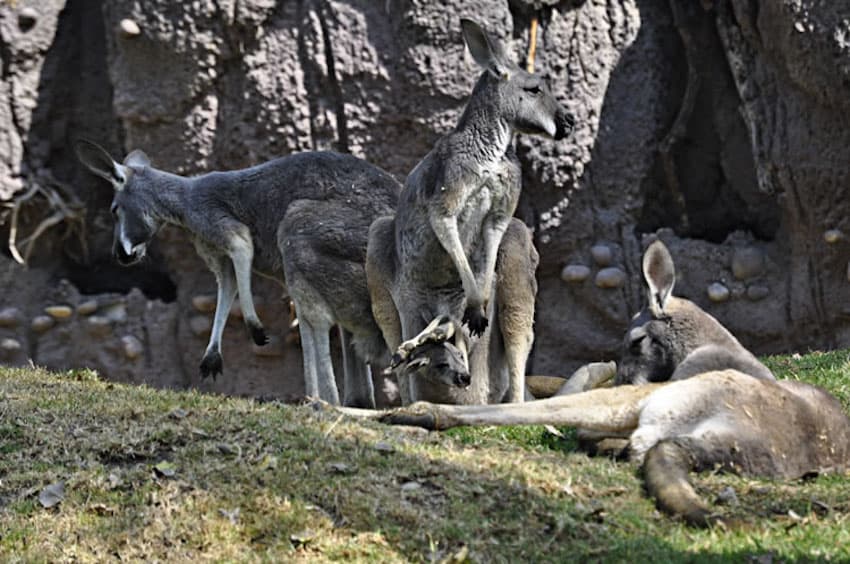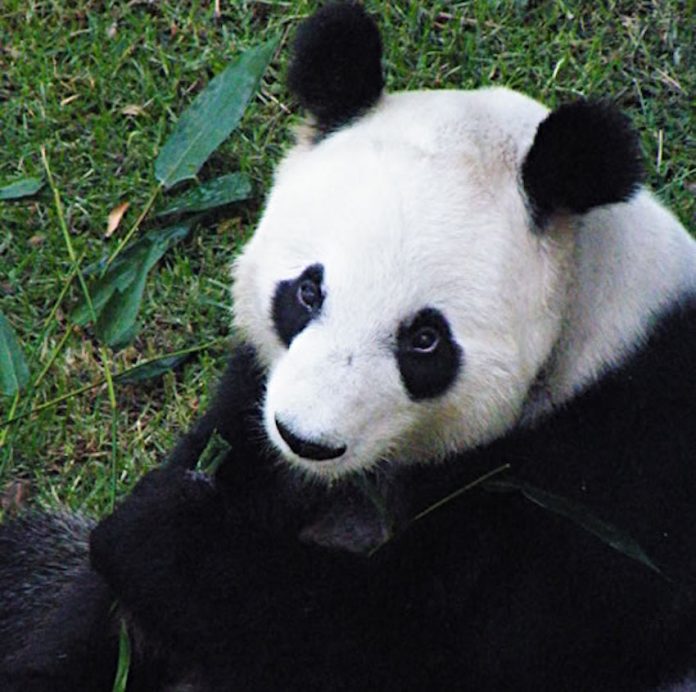Mexico’s oldest zoo, the Chapultepec Zoo in Mexico City, has turned 100 years old.
Founded by Alfonso Luis Herrera, the “father of biology in Mexico,” the Chapultepec Zoo began construction on July 6, 1923, and opened in October 1924. The zoo is named in Herrera’s honor: its full name in Spanish is Zoológico de Chapultepec Alfonso Herrera.

To mark its 100-year anniversary, the zoo held a parade Thursday morning with live music and performers wearing costumes of the zoo’s animals.
In its beginnings, the Chapultepec Zoo was like any other: a place to display captive animals for people to view. It was the only zoo in Mexico City where people could find animals from all over the world, said head of the city’s Zoos and Wildlife Conservation Directorate Fernando Gual Sill in an interview with the newspaper El Universal.
Today, the Chapultepec Zoo is a conservation center, a scientific research center and a recreational space that educates the public about animal protection.

“Nowadays, zoos around the world, including those in Mexico City, are consolidating themselves into centers for wildlife conservation,” Gual said.
The zoo displays and cares for different species, including lions, jaguars, giraffes, kangaroos and zebras. It also cares for endangered species like the giant panda and for endemic animals like the Xochimilco axolotl or the volcano rabbit.
It also develops breeding, conservation and research programs on priority species such as the Mexican wolf and the California condor.
Part of these conservation efforts include one of Latin America’s first “frozen zoos,” a bank of genetic material with 1,400 samples of some 29 species of animals that are stored in frozen liquid nitrogen tanks. In the coming decades, these samples will be used in reproduction programs.

Among the DNA samples kept in the frozen zoo are those from giant pandas, Mexican wolves, jaguars and bighorn sheep.
Gual told the magazine Wired that modern-day zoos have helped rescue some species from extinction, including the Mexican wolf. In 2014, the Chapultepec Zoo reported the first Mexican wolf pups born following artificial insemination. The procedure was done using genetic material from the bank.
With reports from El Universal, Wired and CDMX Secreta
